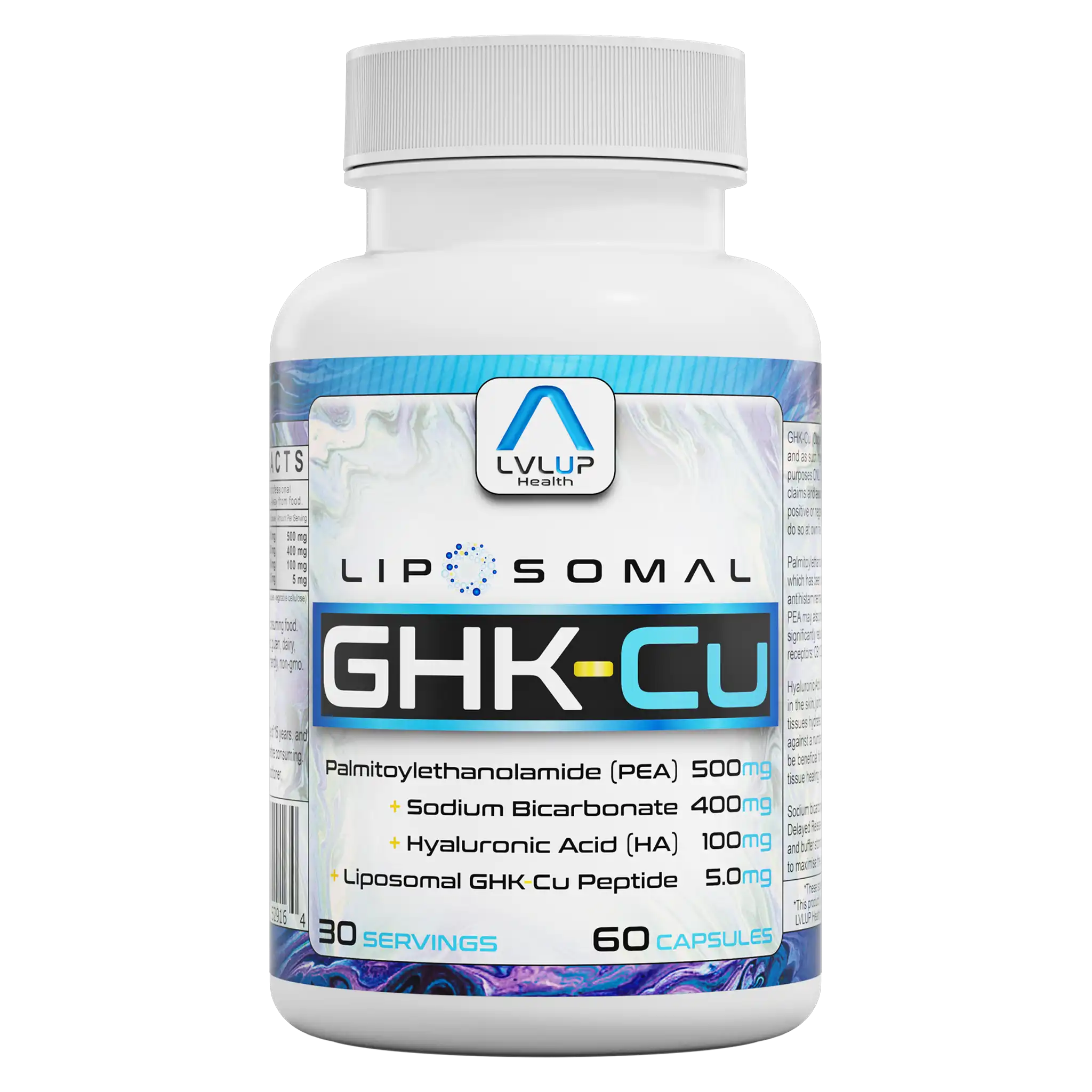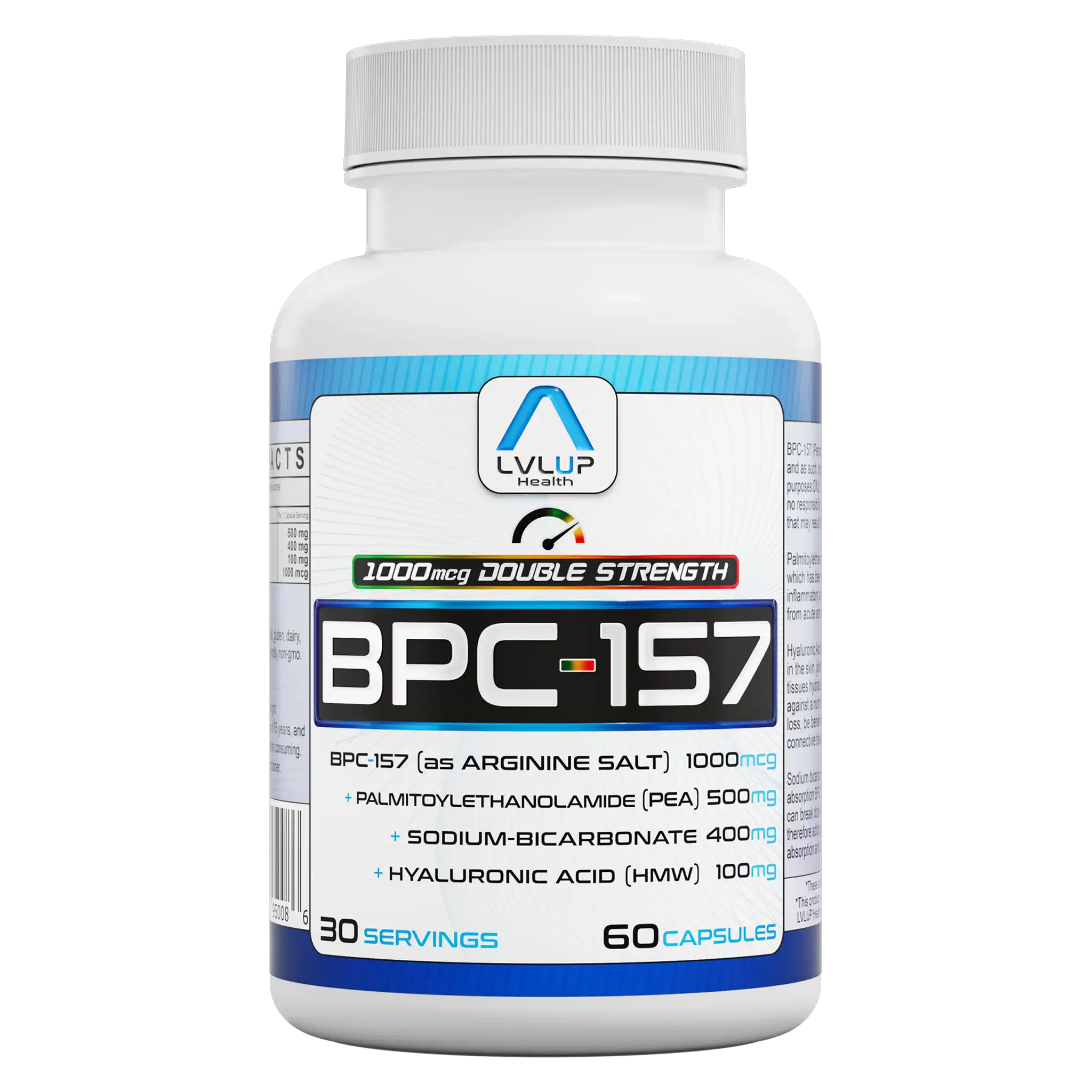Ginkgo
About Ginkgo
Ancient Origins
The ginkgo tree is one of the oldest species on Earth. For centuries, people have turned to its leaves for potential brain and circulation support. Today, supplements harness standardized extracts from these leaves, focusing on flavonoids and terpenoids. These compounds have captured attention for their role in keeping your mind sharp and circulation steady.
Memory and Focus
You’ll often find ginkgo in brain health supplements aimed at boosting memory, focus, and mental clarity. It’s common for people facing everyday stress or occasional ‘brain fog’ to use ginkgo to help stay on task. As we age, focus may slip; many turn to ginkgo for maintaining cognitive performance.
Circulatory Benefits
Ginkgo’s uses go beyond memory. Its active compounds may promote healthy blood circulation in the brain and limbs. For those whose fingers or toes feel numb in the cold, ginkgo blends well into routines supporting comfortable circulation.
Combination Potential
This ingredient often fits with other botanicals and nutrients in brain blends—like Bacopa monnieri or B-vitamins—targeting different yet related aspects of mental clarity.
Practical Applications
People use ginkgo during crunch times at work or school, when facing challenging projects or tests. It’s popular among older adults aiming to preserve mental agility, appealing across generations for its versatility and history.
Found In
Formulated With
Detailed Information
Active Compounds
Ginkgo biloba leaf extract is rich in terpene trilactones (ginkgolides A, B, C, J; bilobalide) and flavonol glycosides (quercetin, kaempferol derivatives). Standardized extracts usually contain 24% flavonol glycosides and 6% terpene lactones by weight.
Mechanism of Action
The terpene fraction modulates platelet-activating factor (PAF) via competitive antagonism at PAF receptors, underlying neuroprotective and circulatory effects observed in preclinical models.
Antioxidant Capacity
Flavonol glycosides act as potent ROS scavengers, providing antioxidant capacity within neural tissue. Studies suggest ginkgo supports cerebral microcirculation through endothelium-dependent vasodilation mediated by enhanced nitric oxide production.
Neurotrophic Effects
The extract has shown neurotrophic effects via modulation of mitochondrial function and attenuation of beta-amyloid aggregation pathways in vitro.
Synergistic Use
Combining ginkgo with cholinergic precursors or adaptogenic botanicals can amplify cholinergic transmission and synaptic plasticity, potentially explaining improvements in working memory tasks.





